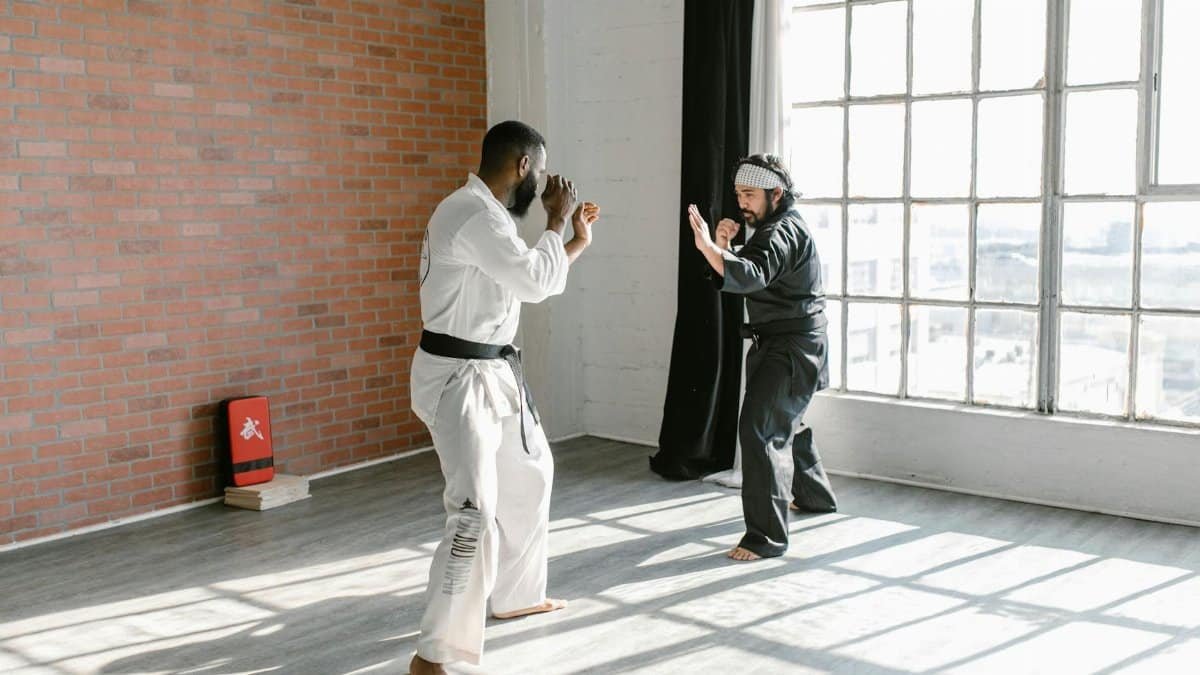Is growth mindfulness the secret weapon against that nagging voice whispering you’re not good enough? In a world where high achievers often battle impostor syndrome, this approach blends self-awareness with intentional development. It’s not just about pushing harder—it’s about observing your thoughts without judgment and fostering real progress. As more Americans grapple with self-doubt in competitive jobs, growth mindfulness offers a path to authentic confidence. Experts say it’s transforming how we view qualifications and success.
Understanding Impostor Syndrome Basics

Impostor syndrome hits when you dismiss your achievements as luck or timing, despite clear evidence of your skills. First identified in the 1970s by psychologists Pauline Clance and Suzanne Imes, it affects up to 70% of people at some point. High performers in tech, academia, and corporate worlds feel it most. The syndrome creates a cycle of anxiety, where success only amplifies fears of being exposed as a fraud. Recognizing it is the first step toward change.
The Role of Growth Mindfulness

Growth mindfulness combines Carol Dweck’s growth mindset—believing abilities can be developed—with mindfulness practices like meditation. It encourages viewing challenges as opportunities, not threats. Instead of spiraling into self-doubt, you pause, breathe, and assess. This method helps reframe impostor thoughts, turning “I’m not qualified” into “I’m learning and improving.” Practitioners report reduced stress and greater resilience in demanding environments.
Why Qualified People Feel Like Frauds

Even with degrees, promotions, and praise, many feel unqualified. Perfectionism plays a big role, setting impossible standards. Social comparisons on platforms like LinkedIn fuel it, making others seem flawless. Women and minorities often face it more due to systemic biases, amplifying internal doubts. A 2020 study in the Journal of Vocational Behavior highlighted how workplace diversity gaps exacerbate these feelings. Addressing it requires acknowledging external factors alongside personal growth.
Practical Techniques to Combat Self-Doubt

Start with daily journaling: List three accomplishments and why you earned them. Pair it with mindfulness exercises, like a five-minute breathing meditation to observe impostor thoughts without attachment. Seek feedback from trusted colleagues to counter biased self-views. Apps like Headspace offer guided sessions tailored to confidence building. Consistency turns these habits into a buffer against syndrome flare-ups.
Impact on Career and Personal Life

Unchecked impostor syndrome leads to burnout, stalled careers, and strained relationships. People avoid risks, missing promotions or innovations. On the flip side, embracing growth mindfulness boosts productivity and satisfaction. A report from the American Psychological Association notes that mindful practices improve emotional regulation, helping individuals thrive. In 2025, with remote work persisting, these tools are crucial for maintaining mental health amid isolation.
Real Stories from Everyday Professionals

Take tech engineer Maria Lopez, who landed a senior role but felt like an outsider. Through growth mindfulness workshops, she learned to celebrate small wins. “It shifted my focus from fear to progress,” she says. Similarly, teacher Alex Rivera overcame doubts by practicing gratitude meditations. These anecdotes show how the approach works across fields, from education to finance, proving it’s accessible to anyone feeling fraudulent.
Expert Insights and Research

Psychologist Dr. Valerie Young, author of “The Secret Thoughts of Successful Women,” emphasizes reframing achievements. Research from American Psychological Association’s Journal of Vocational Behavior links impostor feelings to lower job satisfaction. Another study by the National Institutes of Health explores mindfulness’s role in mental health, showing reduced anxiety through regular practice. Experts recommend integrating these for lasting change.
Common Pitfalls and How to Avoid Them

One trap is over-relying on external validation, which reinforces impostor cycles. Avoid it by building internal metrics of success. Another is ignoring physical signs of stress; pair mindfulness with exercise or rest. Don’t rush the process—growth takes time. Track progress monthly to see improvements, preventing backslides into old thought patterns.
Building Long-Term Confidence

To sustain gains, incorporate growth mindfulness into routines. Join communities like online forums or local groups for support. Read books such as Dweck’s “Mindset” for deeper understanding. In 2025, with mental health awareness rising, resources are more available than ever. The goal is not perfection but consistent self-compassion, turning qualified individuals into confident leaders.
